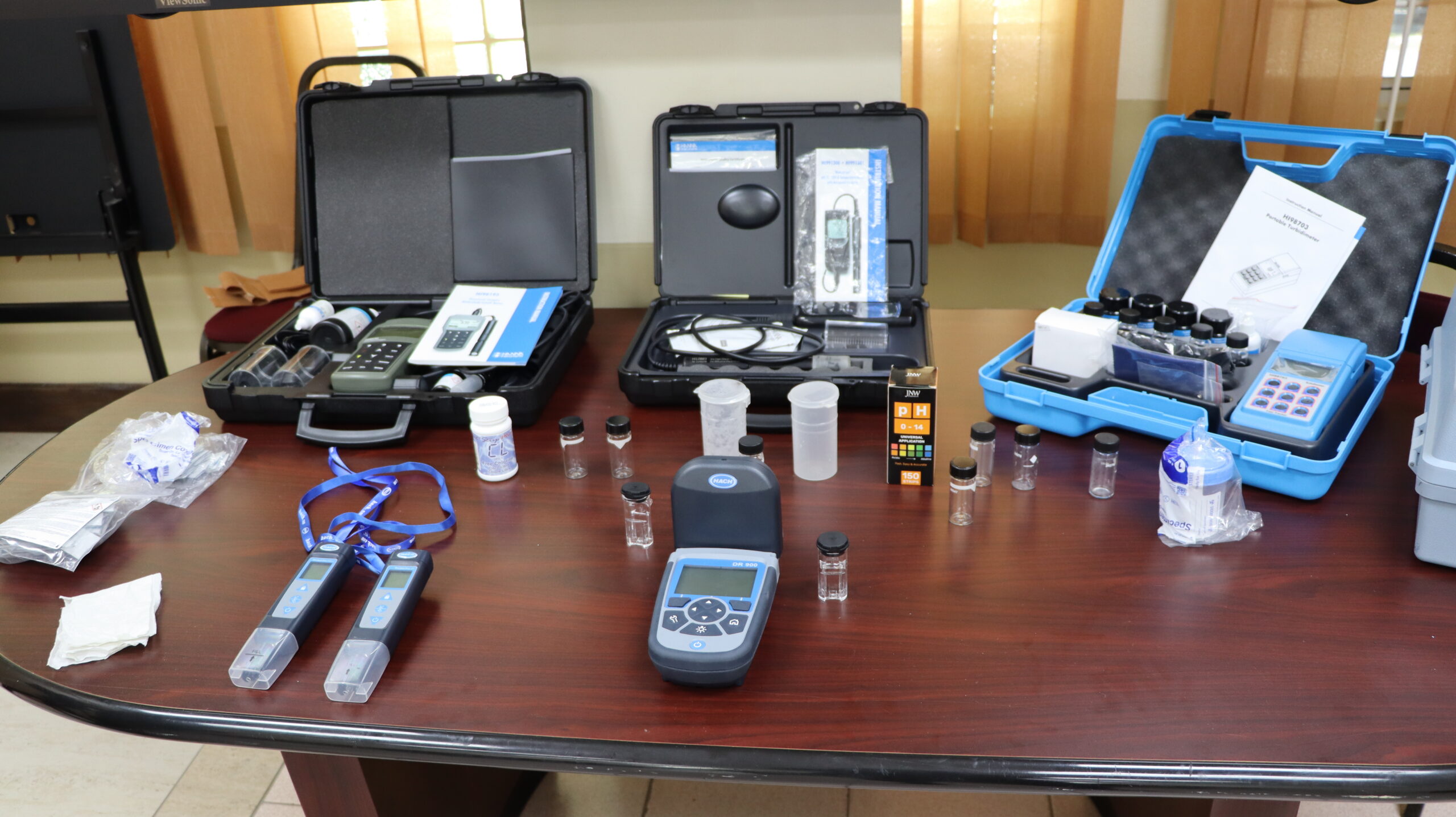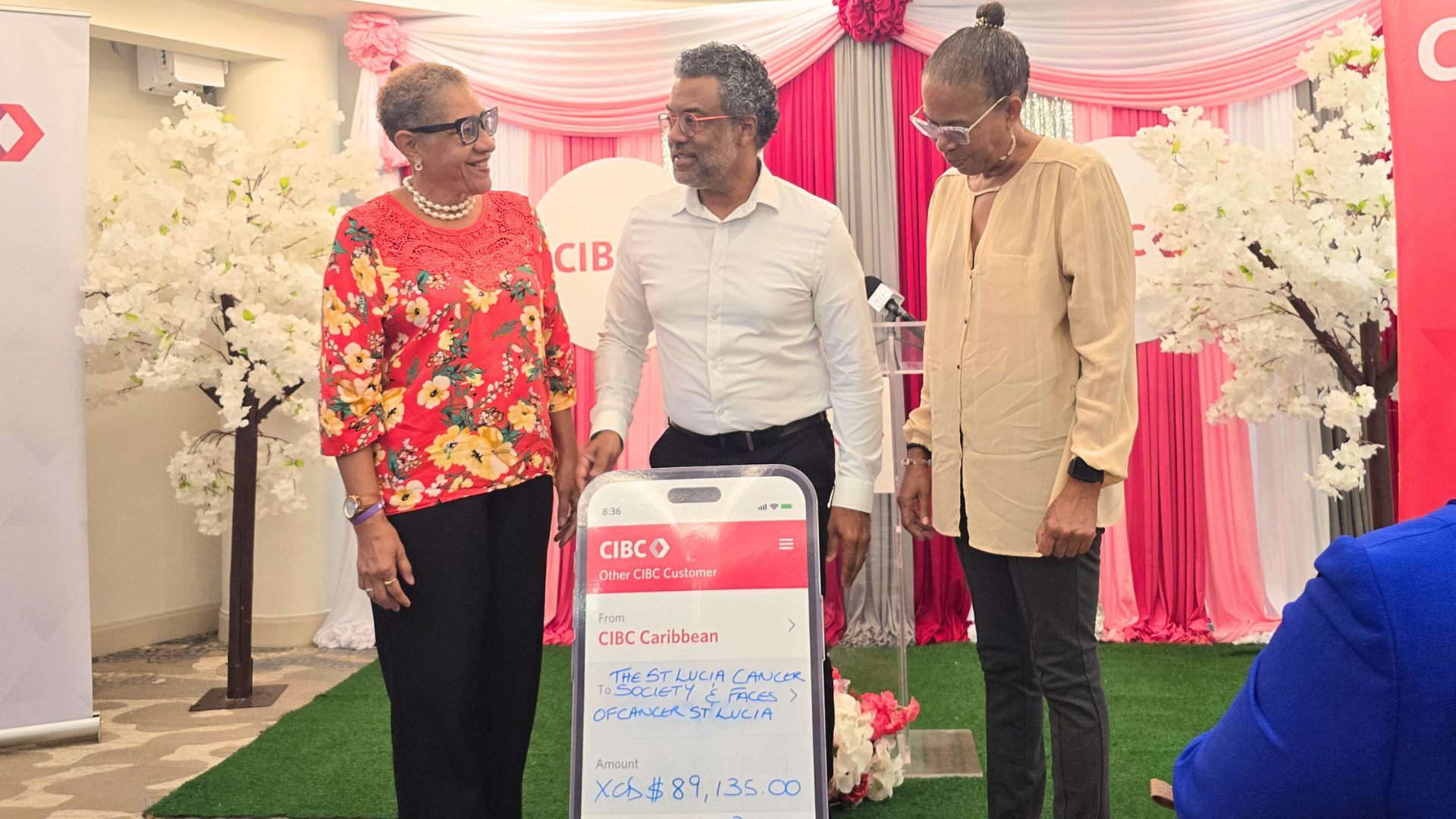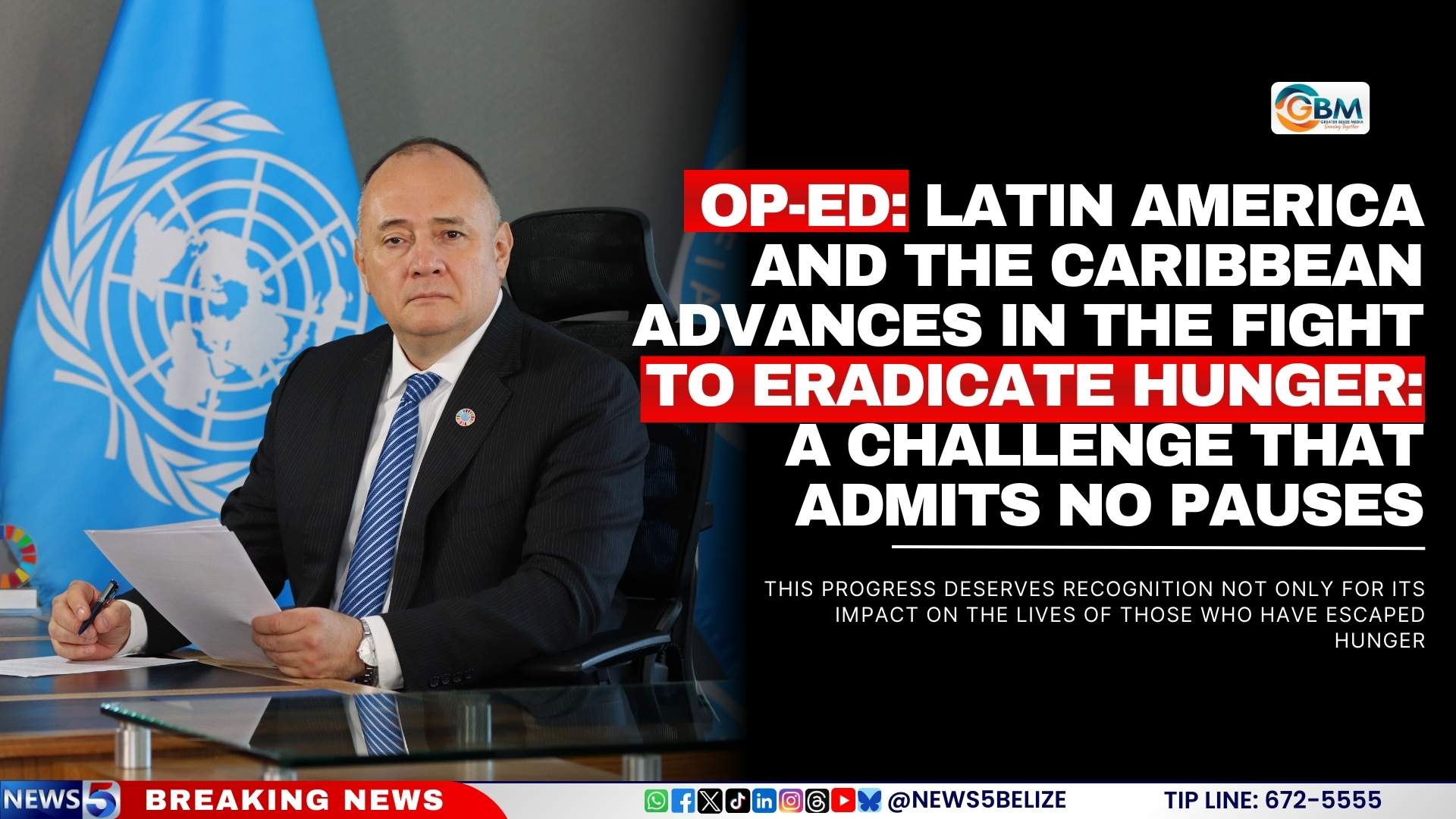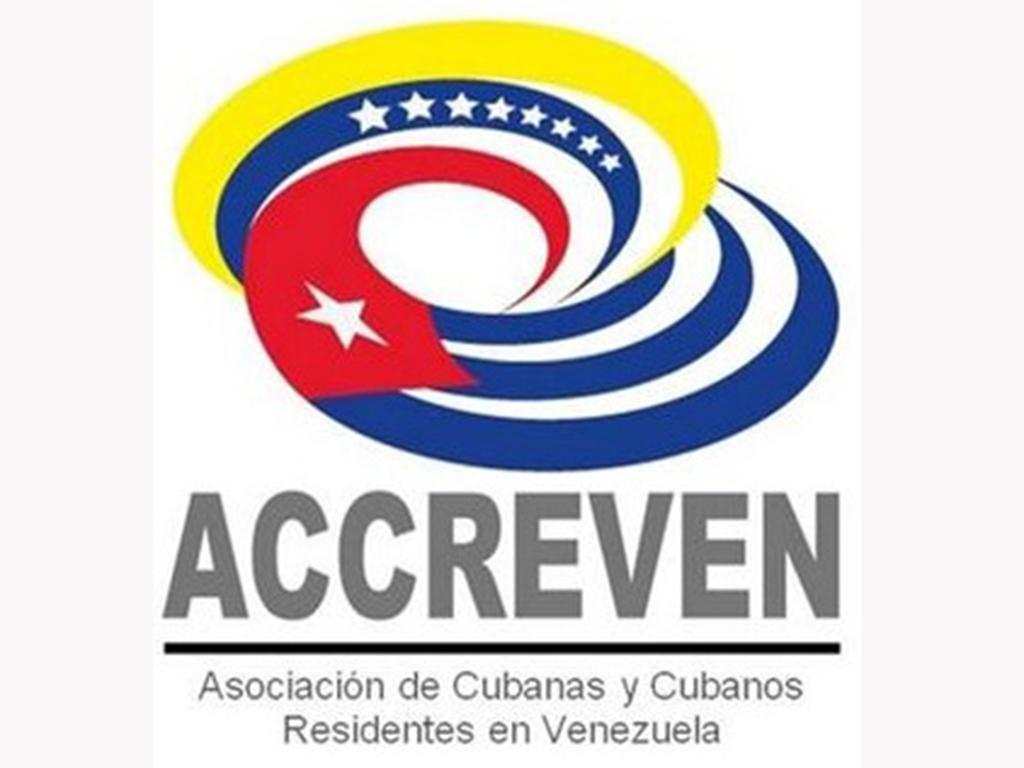Saint Lucia’s Ministry of Health has launched a comprehensive initiative to enhance water quality protection through specialized training programs for Environmental Health Officers. The intensive workshop focused on strengthening national monitoring capabilities, risk assessment protocols, and coordinated response systems to safeguard the island’s water supply.
In collaboration with the Water and Sewerage Company (WASCO) and the Water Resources Management Agency (WRMA), the training program equipped officers with advanced competencies in water testing methodologies, hazard identification techniques, and rapid intervention strategies. Assistant Chief Environmental Health Officer Emerson Vitalis emphasized that the training establishes fundamental knowledge necessary for protecting public health, noting that officers must thoroughly understand water quality concepts and their impact on Saint Lucia’s population.
The program expands officers’ responsibilities beyond traditional treatment plant oversight to include comprehensive inspections of community water sources and monitoring of public swimming facilities. A significant shift toward proactive surveillance models enables earlier detection of potential risks rather than reliance on routine checks alone.
Assistant Environmental Health Officer Jada Perineau highlighted the cross-functional value of the training, particularly for the Vector Control Unit, which utilizes water-related assessments to combat mosquito and rodent breeding habitats. The training empowers officers to provide immediate recommendations without requiring external referrals for every issue.
Through continuous technical education and strengthened inter-agency partnerships, the ministry aims to develop a more resilient public health infrastructure capable of rapidly addressing emerging water-quality threats and ensuring consistent delivery of safe water to communities across Saint Lucia.









